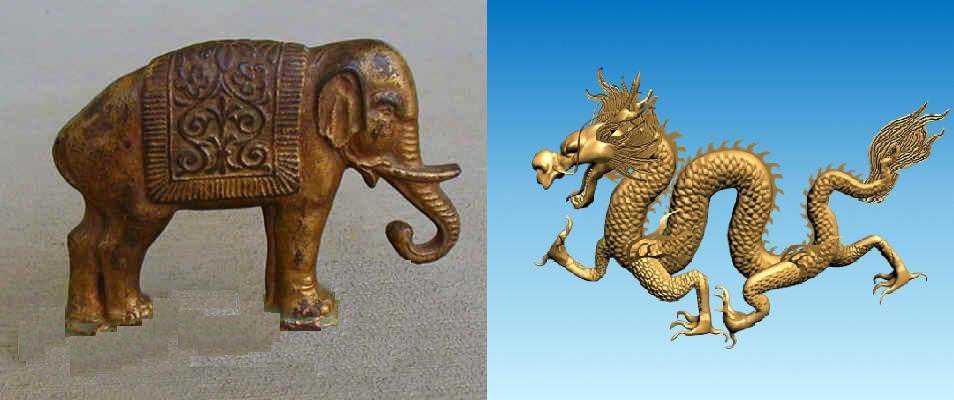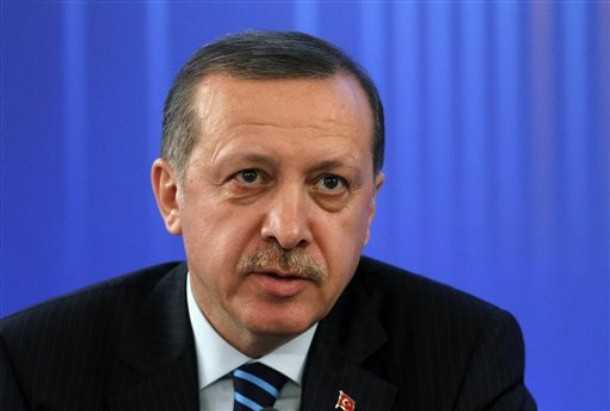China, whose relations with Turkey went through a period of tension last year following the Turkish condemnation of the atrocities allegedly perpetrated by the Chinese on the Uighurs in Chinese-controlled Xinjiang in July , has undertaken measures to repair the relations and seek Turkey’s support for the pacification of Xinjiang. The Munich-based World Uighur Congress (WUC), headed by its President Mrs. Rebiya Kadeer, enjoys some support in the political class and the public in Turkey. It calls for independence for Xinjiang under the name Eastern Turkestan. It is not a fundamentalist organisation and does not suppoprt the Islamic Movement of Eastern Turkestan , which is an associate of Al Qaeda and the Pakistani and Afghan Talibans.
Even before tension and misunderstanding arose in the relations between China and Turkey following the alleged suppression of pro-WUC demonstrators by the People’s Liberation Army (PLA) in Urumqi in July last year, the two countries had been negotiating for a joint air exercise by their air forces in the Turkish air space. They did not allow the misunderstanding and tension over the alleged suppression of the Uighurs to disrupt these negotiations.
The return of normalcy in the bilateral relations was marked by two significant events in September and October, 2010. The first was the holding of the joint air exercise by the Air Forces of the two countries. According to Turkish press reports, the joint air exercise took place between September 20 and October 4 from the Konya air base in Turkey’s central Anatolia region.T he Turkish Air Force flew F-4 Phantom fighters, used by the US during the Vietnam war, while China flew Russian-built SU-27s. The Chinese planes refueled in Pakistan and Iran while on their way to Turkey and in Iran on their way back to China. The Turkish media reports also spoke of the joint development of a surface-to-surface missile by China and Turkey.
The second significant event was the official visit of Prime Minister Wen Jiabao to Turkey while on his way back to China after official bilateral visits to Greece, Belgium and Italy and after attending the Asia-Europe summit at Brussels. Wen arrived in Ankara on October 7 — three days after the joint air exercise was over — and stayed for three days. His visit was marked by anti-China demonstrations by Uighurs and their local supporters. While the demonstrations were allowed by the Turkish authorities, they reportedly rejected a request from Mrs.Kadeer to visit Turkey on October 8 to participate in the demonstrations against China. She has been quoted by media reports as saying that the WUC would have no objection to Turkey improving its relations with China, provided the objective was to make Beijing recognise and respect the human rights of the Uighurs. She cautioned against any action which could facilitate the Chinese suppression of the Uighurs.
In an interview with the Anatolia news agency, she said:”I have been disappointed over the fact that Turkey would receive Chinese Premier Jiabao on October 8.Following the incidents of July 5, 2009, thousands of Uighurs have been arrested (by Chinese officials) and we have not heard from them since then. After July 5, the Chinese Government has been exercising great pressure on the Uighurs and land belonging to the Uighurs has been taken away from them by the Chinese authorities. Premier Jiabao’s visit to Turkey would provide an opportunity to Turkey to ask about the Chinese pressure put on the Uighurs and encourage the Chinese to end the pressure. The Uighurs are in a battle of death and survival. We are concerned with the efforts of the Chinese Government to change the views of the Turkish people.
I am seeking for ways to be able to visit Turkey on October 8, the day when Chinese Premier Jiabao will be in Turkey. I will try to convey, with the Turkish people, our demands from the Chinese Premier Jiabao. I expect the Turkish Government to provide me the same privilege that they have granted to the Chinese Premier Jiabao. I wish to be in Turkey in order to tell the realities to the Turkish people.”
6. This was the first visit by a Chinese Prime Minister to Turkey in eight years. In a despatch dated October 9 from Ankara, the Chinese Government controlled Xinhua news agency reported that Wen and the Turkish Prime Minister Recep Tayyip Erdogan had agreed to upgrade their bilateral ties to the level of a strategic relationship of cooperation.Wen said he and Erdogan reached broad consensus during the talks and added that the decision to set up the strategic cooperative relationship would have an important effect on world peace and development. Wen pointed out at a joint press conference with his Turkish counterpart that China and Turkey both faced the threat of the three evil forces of terrorism, separatism and extremism and shared common interests in safeguarding the integrity of territory and sovereignty. He said China would continue to deepen mutual political trust and take active measures to promote trade with Turkey. China attached great importance to Turkey’s influence in regional and international affairs. China would encourage investment by Chinese enterprises in Turkey and facilitate cooperation in various economic fields, such as power projects, bridge construction and the financial sector, Wen said.
The Chinese have been providing many lollipops to Turkey in order to dissuade it from supporting the Uighurs. Among these lollipops are:
A proposal for the joint construction of 4,500kms of railway in Turkey and for the construction of an oil pipeline to Turkey from Iran. Chinese companies are already involved in the construction of railroads for two high-speed train links.
The value of the bilateral trade during 2009 amounted US $14.2bn – $12.6bn of which consisted of Chinese exports. Thus, China has been the major beneficiary of the trade. The two Prime Ministers agreed to raise the value to US $50 billion by 2015 and US $100 billion by 2020. They also agreed to use the national currencies to carry out the trade. Turkey has now similar arrangements with Russia and Iran.
Though promotion of economic relations and a strategic partnership were projected as the main objective of the visit of Wen to Turkey, the Uighurs believed that an important purpose was to seek the support of Turkey for the pacification of Chinese-controlled Xinjiang and for the political neutralisation of the WUC. According to Uighur sources, Pakistan had played an active role in bringing Turkey and China together despite the protests in Turkey last year over the suppression of the Uighurs. While the Uighurs are even prepared to understand the measures for the promotion of economic relations, they are surprised by Turkey’s agreeing to a joint air exercise with the PLA (Air Force) despite the role of the PLA (Army) in the suppression of the Uighurs.






